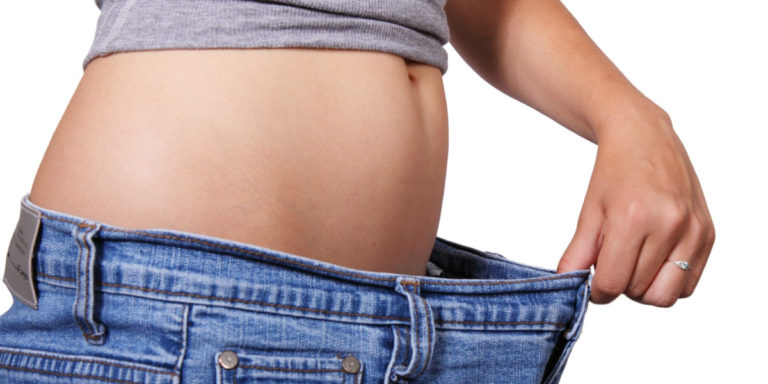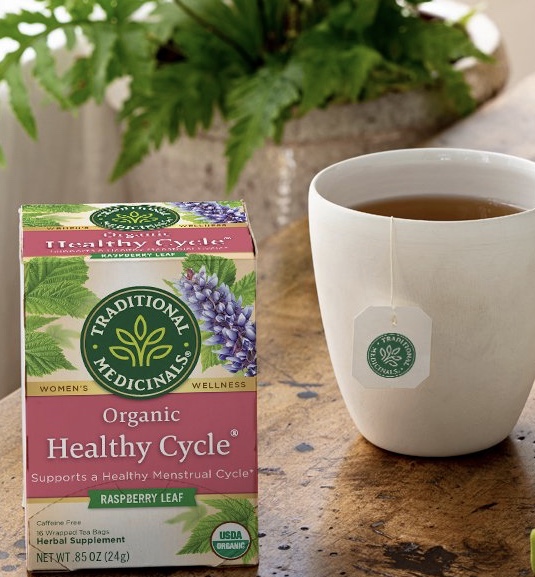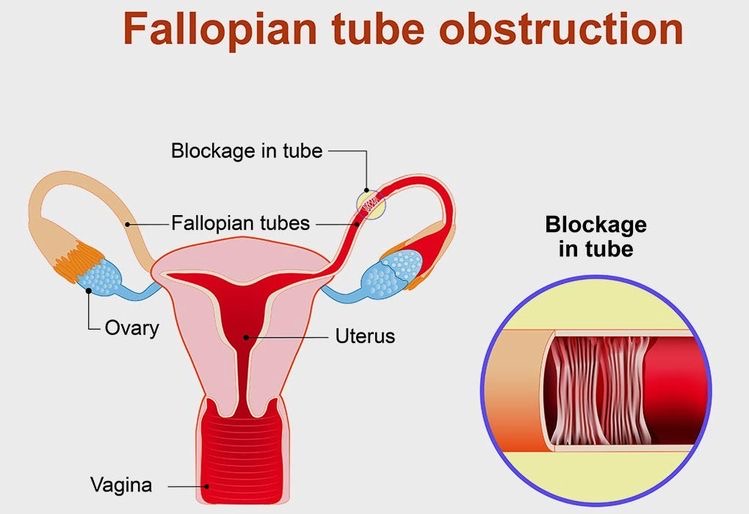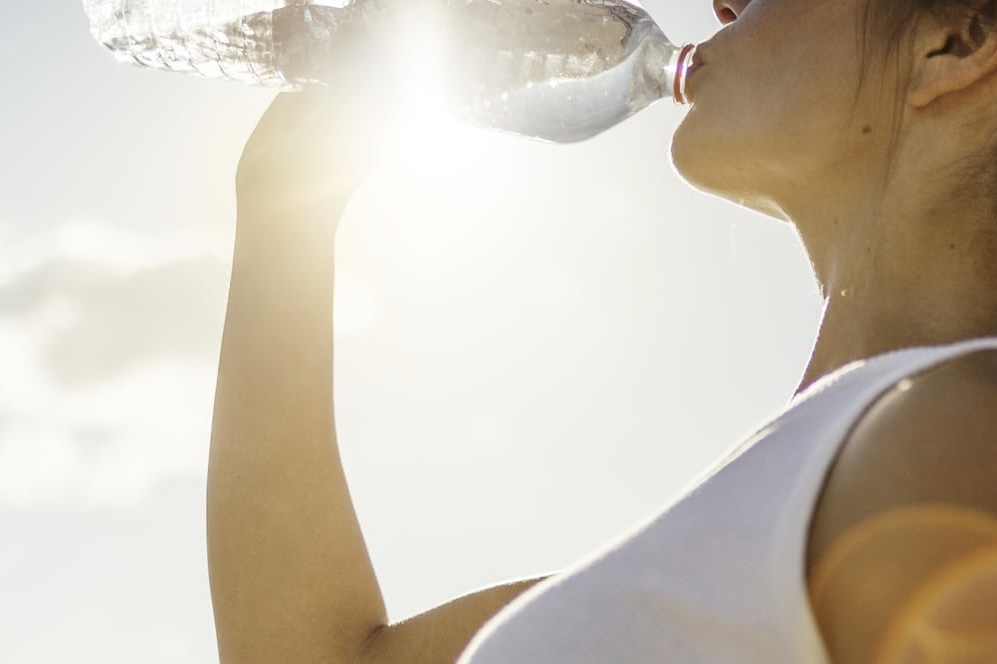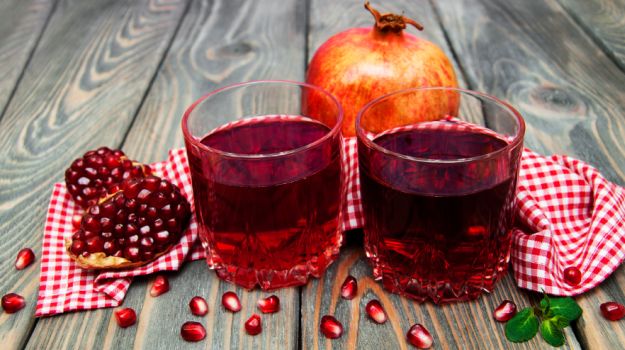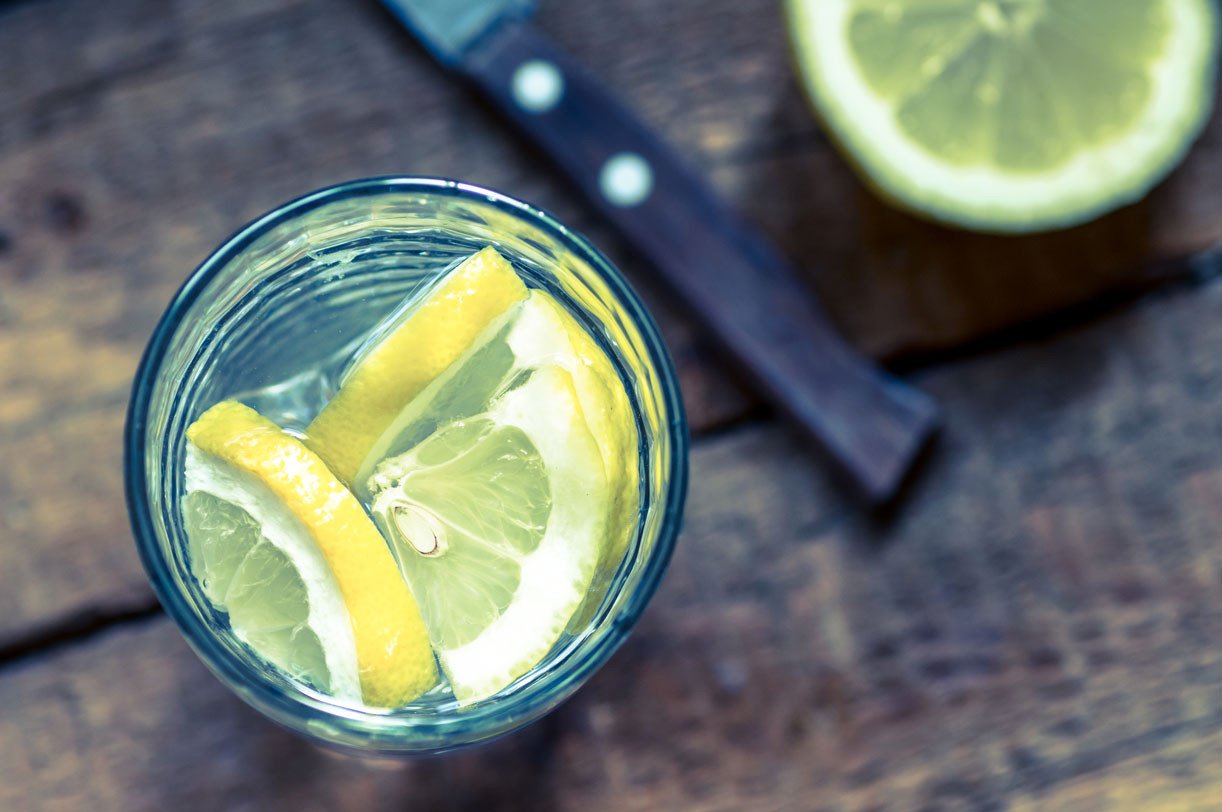
Ways to lose water weight
There are a variety of ways a person can lose water weight quickly and naturally. We look at the most effective techniques:
1. Reduce sodium (salt) intake
An easy first step for beating water weight is to replace sodium-rich foods with low-sodium equivalents.
Too much sodium, or salt, can cause immediate water retention. This is because the body needs to keep its sodium-to-water ratio balanced to function properly, so will hold on to water if too much salt is consumed.
The latest Dietary Guidelines for Americans recommend no more than 2,300 milligrams (mg) of sodium per day. An average American will eat over 3,400 mg every day.
Table salt is very high in sodium, but 75 percent of the sodium people consume is hidden in processed foods. These include cheese, cold meats, bread, frozen meals, soup mixes, and savory snacks.
Natural foods, such as vegetables, nuts, and seeds, are very low in sodium. Some foods can even reduce sodium levels, including bananas, avocados, and leafy vegetables.
2. Drink more water
While counterintuitive, drinking water can actually reduce water weight. Dehydration can make the body hold on to extra water to make up for lack of incoming water.
Water also improves kidney function, allowing excess water and sodium to be flushed out of the system.
Adults should drink around 2 liters of water a day. Replacing sugary drinks with pure water is a great way to keep up with the body’s daily water needs.
3. Reduce carbohydrate intake
Carbohydrates, or carbs, also cause the body to store extra water. When we eat carbs, the energy that we do not use right away is stored as glycogen molecules. Each gram (g) of glycogen comes with 3 g of water attached.
Cutting down on carbs is a quick way
to use up the glycogen stores, which means that the water weight will also be reduced.
According to the Institute of Medicine’s Food and Nutrition Board, adults need at least 130 g of carbohydrates to function each day, but the average American diet includes much more than this.
Common carbs include bread, rice, and pasta. Replacing some daily sources of carbs with high-protein foods, such as lean meats, eggs, and soy products, can reduce the buildup of water weight.
4. Supplements
Vitamin B-6 and magnesium oxide can be effective natural remedies for fluid retention.
These supplements work with the kidneys to help the body flush extra water and sodium from the system.
Studies show that these two supplements are very effective at relieving the symptoms of premenstrual syndrome or PMS, including water retention. They can also reduce abdominal bloating, swelling in the legs, and breast tenderness.
It is best for someone to talk to a doctor before taking new supplements, as they can have side effects or interactions with other medications.
5. Exercise
Exercise lets the body sweat out extra water. This causes water weight to drop immediately after exercise.
A workout also stimulates blood flow and improves circulation, which can reduce fluid buildup throughout the body, especially in the legs and feet.
Exercise reduces water weight even more by burning through glycogen energy stores. However, replacing lost fluids is vital after any physical activity to avoid dehydration.
6. Water pills
Water pills can treat mild fluid retention, as prescribed by a doctor. These pills work as diuretics, meaning they make a person urinate more often. Urination lets the body get rid of excess water and sodium.
Water pills are not recommended for long-term use. They should always be used as instructed by a doctor to avoid dehydration or mineral deficits.
Health Topics

